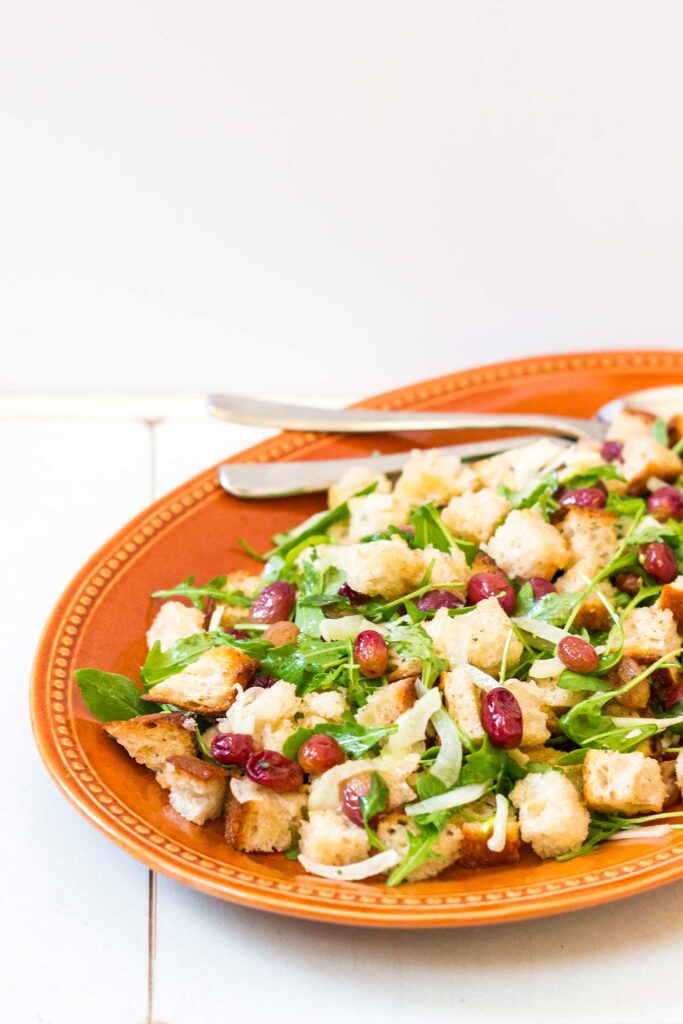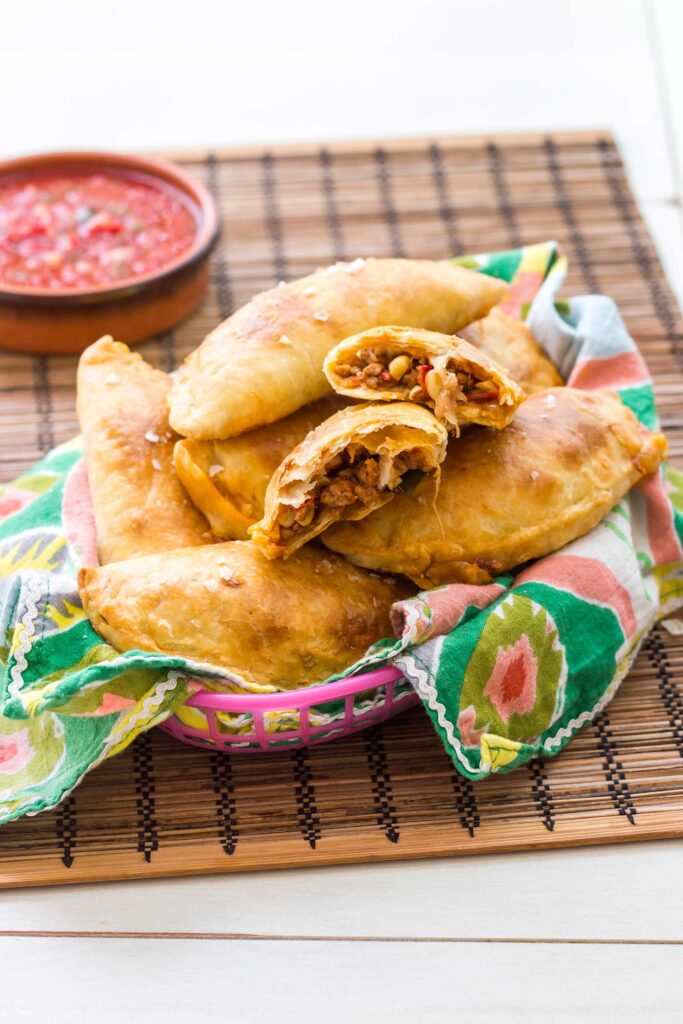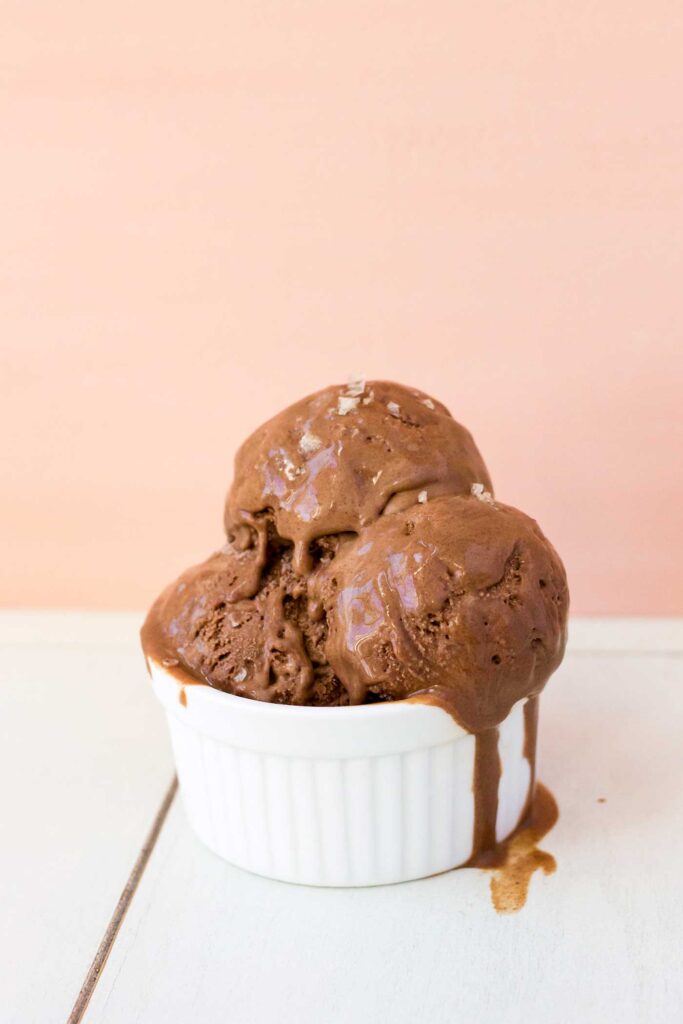
Flaky, golden, and just the right kind of tangy, this rich and cozy baked Dijon salmon is made with Dijon mustard, honey, garlic, and lemon.
This salmon kind of cooks itself. OK, maybe not literally (sigh), but it’s shockingly easy for something that looks like it came off a fancy bistro menu. It’s buttery, citrusy, a little sweet from the honey, and that punchy Dijon makes it sing. Slather it on thick—that garlicky glaze bubbles up in the oven and gets just the tiniest bit caramelized at the edges. Honestly, it smells like you’ve got your life together. Serve it with something bright or green, pour a glass of something crisp, and boom: Thursday night became a thing.
Table of Contents



Don’t let this one slip away — pin it now and thank yourself later!
Don’t let this one slip away — pin it now and thank yourself later!
Why You’ll Love this Baked Dijon Salmon
Let’s be real—sometimes you just want dinner to behave. This salmon? It behaves. It’s fast, tasty, and won’t beg for weird ingredients.
- Ridiculously simple to make: You whisk a few things, spread it on top, pop it in the oven, and boom, dinner.
- Fast enough for weeknights: It’s shockingly doable when you’ve got 20 minutes and a hungry stare coming at you.
- Big flavor with low effort: Dijon pulls more than its weight here—tangy, savory, and just enough zing.
- Pairs with almost anything: Whether you’re roasting veggies, tossing greens, or heating up rice, it plays well.
- Light, but still satisfying: It’s rich without being heavy, which is a rare and beautiful thing.
- Great leftover potential: Cold straight from the fridge? Yes. Flaked over greens the next day? Also yes.
Ingredient Notes
Just a few pantry staples, a couple of fresh things, and your salmon of choice. Nothing fussy. Here’s the scoop:
- Dijon mustard: The star of the glaze. Bold, tangy, and sharp in the best way. Avoid the yellow stuff here—it’s just not the same.
- Honey: A squeeze of sweetness to balance out the mustard. Maple syrup could pinch-hit if needed.
- Lemon juice: Adds brightness and a little acidity. Fresh-squeezed makes a difference, but bottled will do in a pinch.
- Olive oil: Helps smooth out the glaze and gives a lovely sheen as it bakes. Use the good stuff if you’ve got it.
- Garlic: Two cloves, finely minced, make everything smell heavenly before it even hits the oven.
- Salt and pepper: Season to taste. Keep it simple.
- Salmon fillets: Fresh or thawed, skin-side down. About 6 ounces each. Wild-caught = stronger flavor; farm-raised = milder.
- Fresh parsley or dill (optional): A little sprinkle at the end adds color and that green “restaurant flourish” vibe.
How To Make This Baked Dijon Salmon
You don’t need a culinary degree or even a lot of energy for this one. Just a tray, a whisk, and a dream.
-
Preheat your oven to 400°F: While it heats, line a baking sheet with parchment or grease it lightly. Salmon can be clingy.
-
Whisk the glaze together: In a small bowl, combine Dijon, honey, lemon juice, olive oil, garlic, and a bit of salt and pepper. Give it a taste. Too tangy? Add a drop more honey. Not punchy enough? More mustard.
-
Place the salmon on the tray: Skin-side down is key. You want the heat to really work that glaze into the top. Nestle them in without overcrowding.
-
Spoon the glaze generously over the fish: Don’t be shy. Smear it thick—it’ll bubble and cling and turn gorgeously golden in the oven.
-
Bake for 12–15 minutes: You’ll know it’s ready when the fish flakes easily with a fork. The tops may get slightly crusty—that’s the caramelized honey doing good things.
-
Finish with something green: Chopped parsley or dill adds a fresh lift. Serve warm, maybe with a wedge of lemon on the side if you’re feeling it.
Storage Options
Let’s say you made too much (or more realistically, you planned ahead—who are you?). Here’s how to store and keep that lovely salmon tasting like its best self.
In the fridge, leftover salmon will keep for around 2 to 3 days. Just transfer it to an airtight container after it cools to room temp. A glass container helps it not pick up fridge smells (lookin’ at you, leftover onion curry).
Freezing works too, but the texture might not be as delightfully flaky once thawed. That said, if you’re into meal prep, wrap each fillet tightly in foil or plastic wrap, then pop them into a freezer bag. Use within 2 months for best taste.
Reheating? Honestly, go gentle. The microwave works, but try covering it with a damp paper towel and using 50% power to prevent drying out. Even better: reheat in a 300°F oven for about 10 minutes until warmed through.
Or flake it cold over salad. Seriously, it’s dreamy.
Variations and Substitutions
Some nights your pantry isn’t playing nice. Or maybe you just like to freestyle. Here are some ways you can shake things up:
- Maple syrup instead of honey: It gives a deeper sweetness and a little earthy edge that plays really well with the mustard.
- Grainy mustard: If you don’t have Dijon, grainy mustard offers a mellow flavor and fun little pops of texture.
- Lime juice instead of lemon: A sharper, more tropical twist. Especially nice if you’re serving this with rice or slaw.
- No garlic? Try shallots: Milder, sweeter, and not as punchy—but still gives a little depth to the glaze.
- Add heat with red pepper flakes: Just a pinch stirred into the glaze gives it a subtle, slow burn.
What to Serve with Baked Dijon Salmon
This salmon is cozy, but a little zingy—so it loves contrast on the plate. And it plays well with most flavors, honestly.
-
Garlicky roasted broccoli or green beans: Something crunchy and green brings out the brightness in the lemon mustard glaze, and you get that cozy-roasty flavor combo.
-
Simple herbed rice or buttered couscous: They soak up the glaze like champs, especially if a little of it sneaks onto the plate (let it).
-
Crispy potatoes—roasted or smashed: The slightly sweet glaze loves a carb with a golden edge. Bonus points if you add rosemary or thyme to the pan.
-
Spring mix salad with vinaigrette: Something fresh and tangy on the side keeps the meal light. Add a soft-boiled egg or some goat cheese if you’re feeling flashy.
-
A bright, citrusy slaw: Especially great if you want texture. Think shredded cabbage, carrots, and a quick lemon or lime dressing to echo the salmon.


Don’t let this one slip away — pin it now and thank yourself later!
Don’t let this one slip away — pin it now and thank yourself later!
Frequently Asked Questions
Can I use frozen salmon fillets?
Yes, totally doable! Just make sure to thaw the salmon fillets completely before baking. If you cook them from frozen, the glaze won’t cling as well, and you might end up with uneven cooking. I usually defrost them overnight in the fridge or in a pinch, place them (still wrapped) in a bowl of cold water for about 30 minutes.
How do I know when the salmon is done?
The easiest way? Stick a fork in it. It should flake easily and look opaque all the way through. If you’ve got an instant-read thermometer, aim for 125°F for medium (which I like), or go up to 135°F if you like it more done. Remember, it keeps cooking a bit after you pull it from the oven.
What if I don’t have Dijon mustard?
No worries. You can use whole grain mustard for a milder, more textured result. Spicy brown mustard works too if you like a kick, but regular yellow mustard is a little too harsh and vinegary here. If you’re completely mustard-less, consider trying a glaze using miso instead—it’ll be different, but still very tasty.
Can I make this ahead of time?
You can prep the glaze ahead and store it in the fridge for up to 3 days. Then, when you’re ready, just spoon it over the salmon and bake. I wouldn’t recommend glazing the salmon too early though, as the lemon might “cook” the fish if it sits too long. Keep things separate until go-time, and you’re golden.
By the way, if you’re in a salmon mood, you might also love this pan-seared salmon with pomegranate reduction. Or if you’re feeling fancy-sweet afterward: treat yourself with this creamy cannoli pie for dessert. Just sayin’.

Baked Dijon Salmon
Ingredients
Glaze
- 2 tbsp (30 g) Dijon mustard Not yellow mustard
- 1.5 tbsp (22 g) honey Maple syrup can be substituted
- 1 tbsp (15 ml) lemon juice Fresh squeezed preferred
- 1 tbsp (15 ml) olive oil
- 2 cloves garlic Finely minced
- salt & black pepper To taste
Salmon
- 4 pieces (680 g) salmon fillets About 6 oz each, skin-on or off, fresh or thawed
- fresh parsley or dill (optional) Chopped, for garnish
- lemon wedges (optional) For serving
Equipment
- Baking sheet
- Parchment paper (optional)
- Mixing bowl
- Whisk
Instructions
- Preheat your oven to 400°F (200°C). Line a baking sheet with parchment paper or grease lightly to prevent sticking.
- In a small mixing bowl, whisk together the Dijon mustard, honey, lemon juice, olive oil, minced garlic, and a pinch of salt and pepper until smooth.
- Place the salmon fillets skin-side down on the prepared baking sheet. Nestle them in without overcrowding.
- Spoon the glaze generously over the top of each fillet, spreading to coat the surface thickly.
- Bake for 12–15 minutes, or until the salmon flakes easily with a fork and the topping is golden and bubbling at the edges.
- Finish with chopped parsley or dill and serve warm, with extra lemon wedges on the side if desired.









